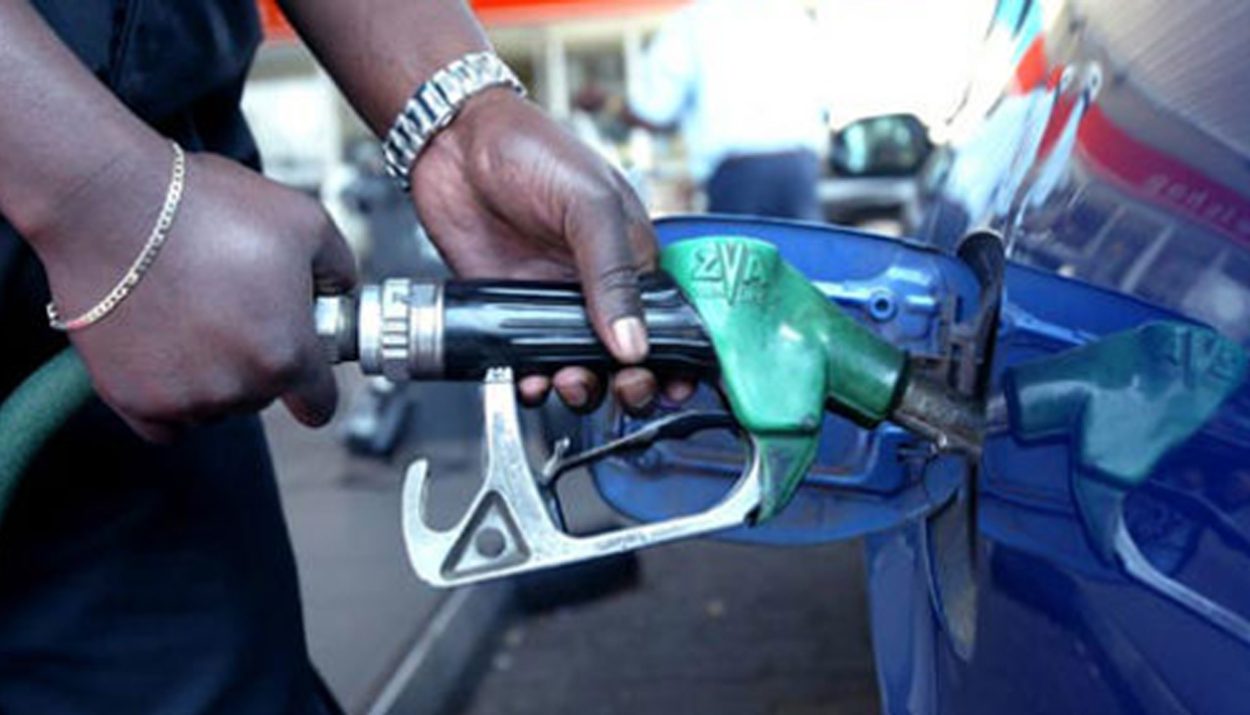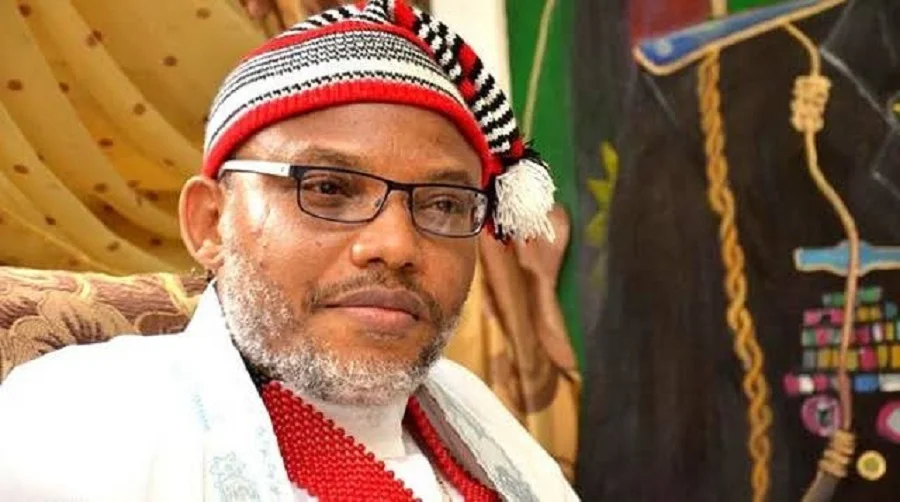In a move that has significantly impacted the Nigerian economy and the daily lives of its citizens, President Bola Tinubu‘s administration, upon its inauguration in May 2023, announced the removal of fuel subsidy.
This policy shift has led to a dramatic increase in petrol prices across the country, with rates now starting from around N615.
The decision to eliminate the fuel subsidy, long considered a financial burden on the nation’s budget, was aimed at reallocating resources to more critical sectors of the economy.
However, the immediate aftermath has seen petrol prices soaring to unprecedented levels, affecting not just transportation costs but also the price of goods and services nationwide.
Petrol prices now vary significantly across different states and among various companies, reflecting a mix of transportation costs, operational expenses, and market dynamics.
This variability has added an element of unpredictability to the already challenging situation faced by Nigerians, particularly those whose livelihoods depend on petrol for transportation, logistics, and small-scale power generation.
The Tinubu administration’s subsidy removal policy has sparked widespread debate, with supporters arguing that it is a necessary step towards economic stabilization and detractors pointing to the immediate financial strain it places on the average Nigerian.
Amid rising costs of living, there are calls for the government to implement measures to cushion the effects of the subsidy removal on the most vulnerable segments of the population.
Here is the wiggling price of petrol in some states in Nigeria
Kwara State: N645 – N675
Oyo State: N670 – N680
Lagos State: N660
Ondo State: N640 – N670
Anambra State: N670
Abia State: N600 – N650
Imo State: N680
Ebonyi State: N670
Abuja: N650
Kano State: N640 – N670





2 Comments